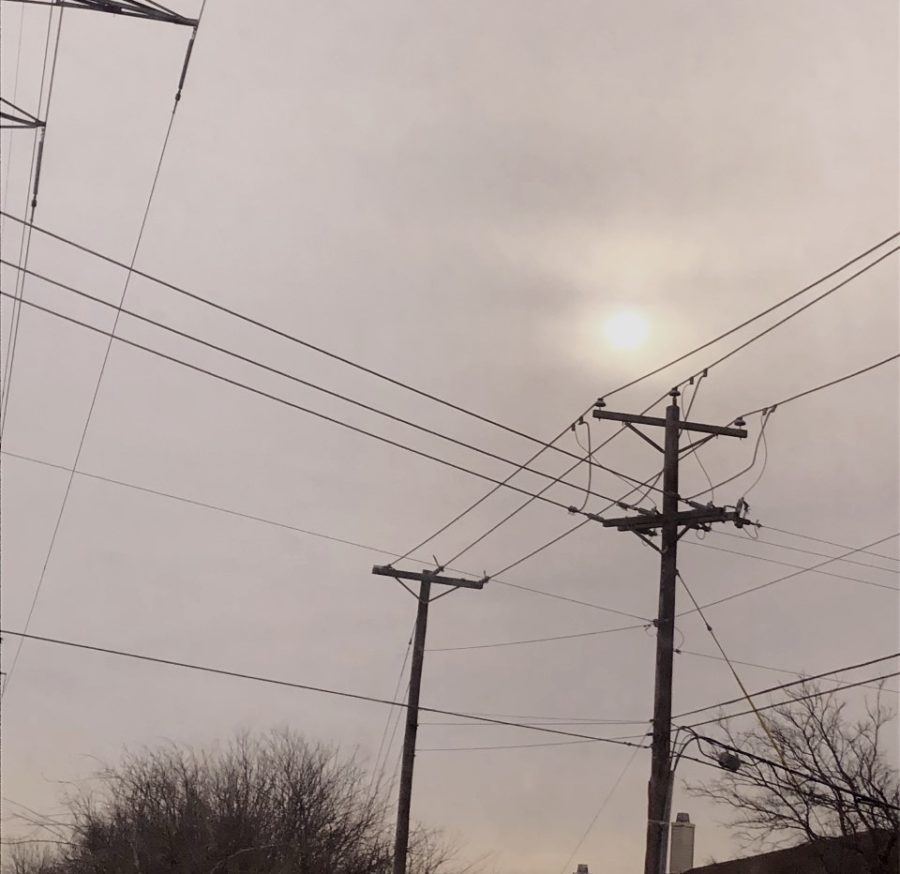There’s Always a Light
My Journey With Clinical Depression
April 9, 2019
I remember feeling it first at the ripe age of 12. That sick, sinking feeling. That feeling of dread and hopelessness. However, these little episodes only lasted for very short periods of time, short enough to make me believe that I was just getting sad at random moments.
But then it grew, and grew, and grew, until finally, at the age of 14, I realized what was wrong with me. I had researched it in passing, looking up my symptoms, getting ideas from the internet until it clicked: maybe I had clinical depression.
It took guts for me to tell my parents about it. I knew they were accepting and would be willing to help with open arms, but that didn’t stop me from feeling hesitant and nervous. Eventually, I worked up the courage to tell them everything. From the mood swings to the suicidal thoughts to the motivation I had begun to seriously lack. We set up a doctor’s appointment almost immediately.
And then there I was less than a week later, sitting on the examination table in my doctor’s office all alone. The fluorescent lights beamed down onto my pale skin, illuminating everything too brightly compared to my dark, cavernous bedroom that I had shut myself in for hours at a time.
My doctor came in. I told him everything, even the things I was too afraid to mention to my parents. But even then, there were things I was hiding.
Regardless, my doctor gave me a list of therapists he recommends that specialize in mental health disorders, along with prescribing me sertraline hydrochloride, the generic version of the antidepressant Zoloft, which I still take to this day.
The therapist I decided to go with was Jenifer D’Souza, whose office was on University Drive near downtown Fort Worth. I went to her once every two weeks for about a year, and I grew accustomed to the old couch and homey décor she had hanging in her office, along with the smell that was reminiscent of antique stores, thrift shops, and my grandmother’s perfume. D’Souza was an older woman, and although I knew she had good intentions, her method of trying to help me wasn’t working. The only reason I had kept going is because my parents’ insurance covered the cost of most of the sessions, but for the most part, my antidepressants were doing most of the work.
Two and a half years later, I’m here. Since then, the dosage for my antidepressants have gone up by 50mg, my urge to harm myself has gone down significantly, and my mental health is at an all time high. I still have breakdowns, I’m still sensitive, and my brain still loves to screw me over, but for the most part, things are so much better than they were two years ago.
Clinical depression is a mental health disorder that’s far too common, and it plagues many with the same thoughts and feelings I still have to this day. However, it has also taught me to not take for granted the times that I genuinely feel happy, where I don’t feel like the world is against me and I feel absolutely weightless.




